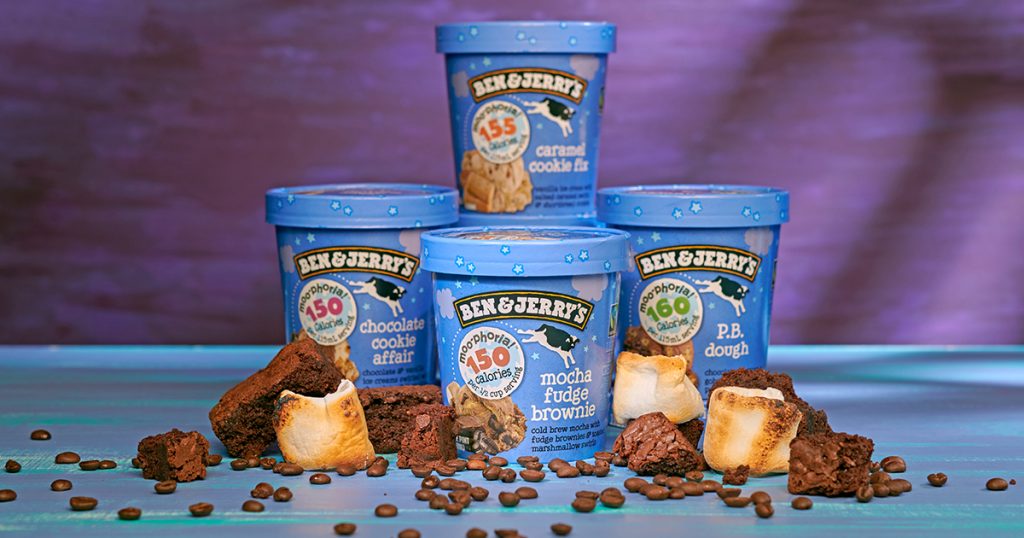Singapore’s key consumer price gauge rose 5.5% in January, the fastest pace in more than 14 years. Our Goods and Service Tax (GST) had also gone up from 7 to 8% from January 1, 2023, with the next GST hike scheduled to take place on January 1, 2024, creeping up to 9%. Globally, economists are predicting a looming global recession.
With all this doom and gloom financial news, it is certainly time to look at belt-tightening to keep household expenses down to tide through these tough times. Shopping for groceries at the supermarket is something that every household needs to do – regardless if you are poor or rich. Essential goods will always be essential goods.
How can one keep spending in check and save more when grocery shopping? Here are some tips we curated to help everyone along.
1. Plan your meals ahead of time and create a grocery list.
Planning your meals ahead of time can help you save money by ensuring that you only buy what you need.
When creating your grocery list, be specific about the items you need and their quantities. This will help you avoid impulse purchases and unnecessary items. Before heading out to the store, take a look at your kitchen and fridge to see what you already have and what you need to restock.
2. Stick to your list to avoid impulse purchases.
Once you’ve created your grocery list, make sure to stick to it.
Impulse purchases can add up quickly and cause you to overspend. If you do see something that catches your eye, ask yourself if it’s a necessary item or if you can do without it.
3. Purchase house-brand products.

Many supermarket chains like NTUC Fairprice, Giant and Cold Storage offer house brand products that are often cheaper than other brands but still of good quality.
If you are not picky on brand names, house-brand products cut across a slew of categories, including rice, oil, sauces, and snacks. Try switching to house-brand products for items that you use frequently, and see if you like them and marvel at how much you can save concurrently.
Personally, I am quite impressed with the quality of the Meadows house-brand at Cold Storage, Giant and CS Fresh.
4. Purchase in bulk for items that you use frequently.
Buying in bulk can save you money in the long run, especially for items that you use frequently. Consider purchasing items such as rice, pasta, or canned goods in larger quantities.
However, be sure to check the expiration dates and storage requirements before purchasing in bulk.
5. Consider purchasing frozen or canned vegetables and fruits instead of fresh.
Frozen or canned vegetables and fruits may be cheaper and have a longer shelf life than fresh produce.
They can also be just as nutritious. However, be sure to check the ingredient list for added sugars or sodium. If you do choose to purchase fresh produce, try to buy in-season items, as they tend to be cheaper and of better quality.
6. Avoid shopping when hungry.
This may seem like a small tip, but it can make a big difference. When you are hungry, you are more likely to make unnecessary purchases or buy more than you need.
Try to eat a meal or snack before heading out to the store, and you’ll be more likely to stick to your list and avoid impulse purchases.
7. Use your credit card or membership card to earn reward points and cashback when you shop.
Many supermarket chains have their own membership programme, which allows you to earn points and redeem them for discounts or vouchers.
You can also use your credit card to earn reward points or cashback when you shop. Be sure to check the terms and conditions of your card or membership programme to maximise your savings.
For me, I use my NTUC Link card to collect points when I am shopping at NTUC Fairprice, coupled with a POSB Everyday Credit Card. When I shop at Giant, Cold Storage or CS Fresh, I use the Yuu app to collect points and the DBS Yuu Credit Card.
8. Check the unit price.
Sometimes, buying a larger pack of an item may not be the most cost-effective option.
Always compare the unit price to make the best choice. The unit price is the price per unit of measurement, such as per kilogram or per piece. This can help you determine which size or quantity of an item is the most cost-effective.
9. Consider buying from the wet market or local provision stores for fresh produce.
The wet market and local provision stores may be cheaper than the supermarkets, especially if you buy in-season produce. They may also have a wider selection of fresh produce.
However, be sure to compare prices and quality before making a decision.
10. Look out for weekly specials and promotions.
Large supermarket chains regularly offers discounts on different products, so keep an eye out for those deals.
Check their website or mobile app for weekly specials, promotions, and coupons. Some of their promotions may include buy-one-get-one-free deals or discounts on items when you buy in bulk.
I usually watch out for these deals and promotions on the price labels in the supermarket itself. If you are more brand agnostic like me, you can save quite a fair bit by always opting for the brand that happens to be running a discount or promotion at the point of time when you are making a purchase.
11. Bring your own reusable bags.
Supermarkets in Singapore will start charging for plastic bags soon, so bringing your own bags can save you money in the long run, not to maintain more sustainable for the environment.












